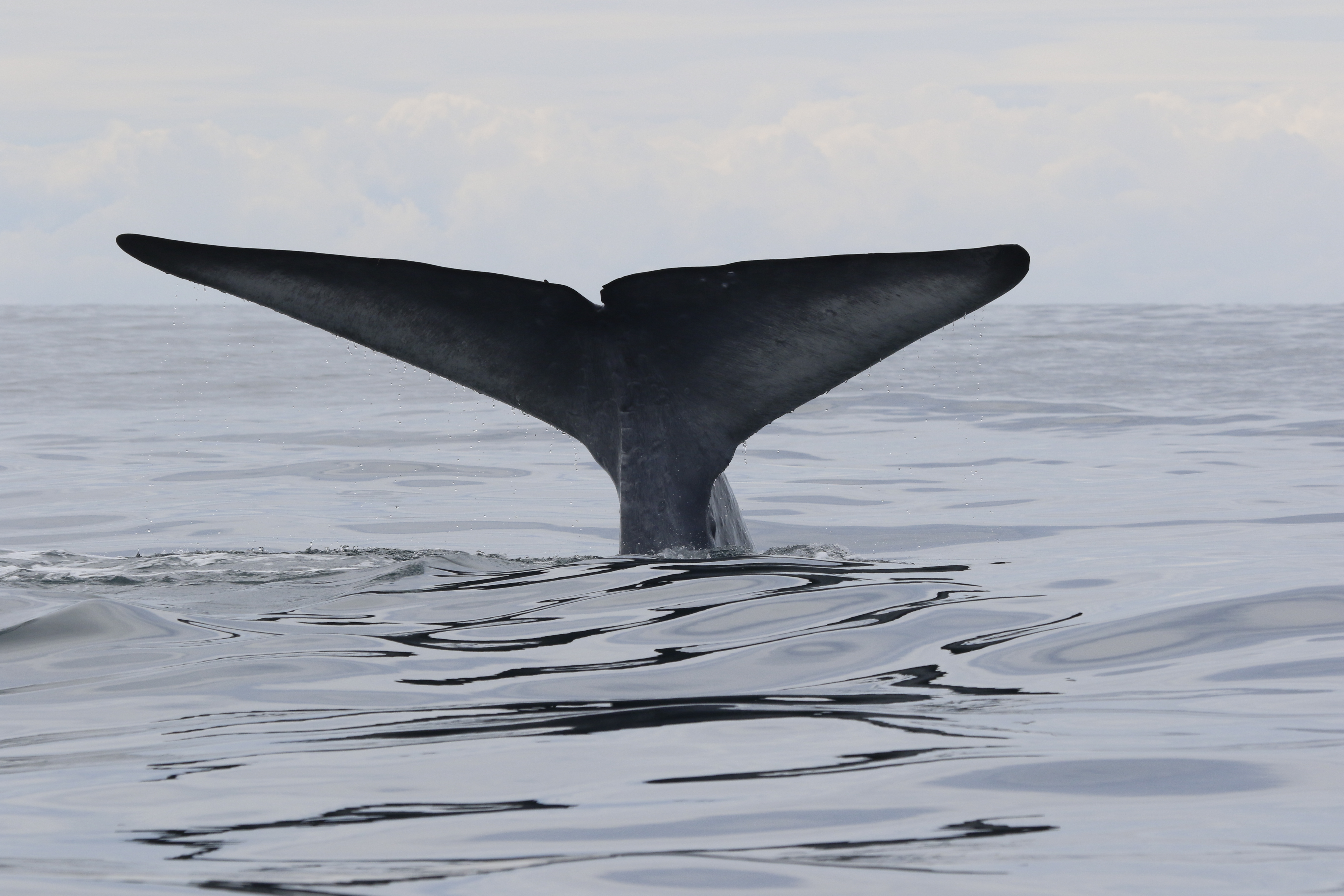News release
From:
Shaken, not stirred: blue whales show no acoustic response to earthquake events
Describing how animals respond to disturbance is important for understanding consequences to their health and survival. This study shows that blue whales do not change their calling behavior in response to the noise from earthquakes, a naturally occurring disturbance event. This finding is important when considering that they do respond to a range of human-caused noise sources such as petroleum exploration and shipping. Blue whales may have evolved to tolerate occasional natural disturbance, but cumulative noise of longer duration and from novel sources may exceed the threshold beyond which disruption yields more extreme responses, and potentially bears population level consequences.
- That’s whale loud – Blue whales are changing their calling behaviour in response to human noise disturbance, but they’re unphased by earthquakes. Researchers compared blue whale calls before and after earthquakes, finding that blue whales do not respond to episodic natural noise. Blue whales may have evolved to tolerate occasional natural disturbance, but cumulative noise of longer duration and from novel sources (like petroleum exporting and shipping) may exceed the threshold beyond which disruption yields more extreme responses.



 International
International



